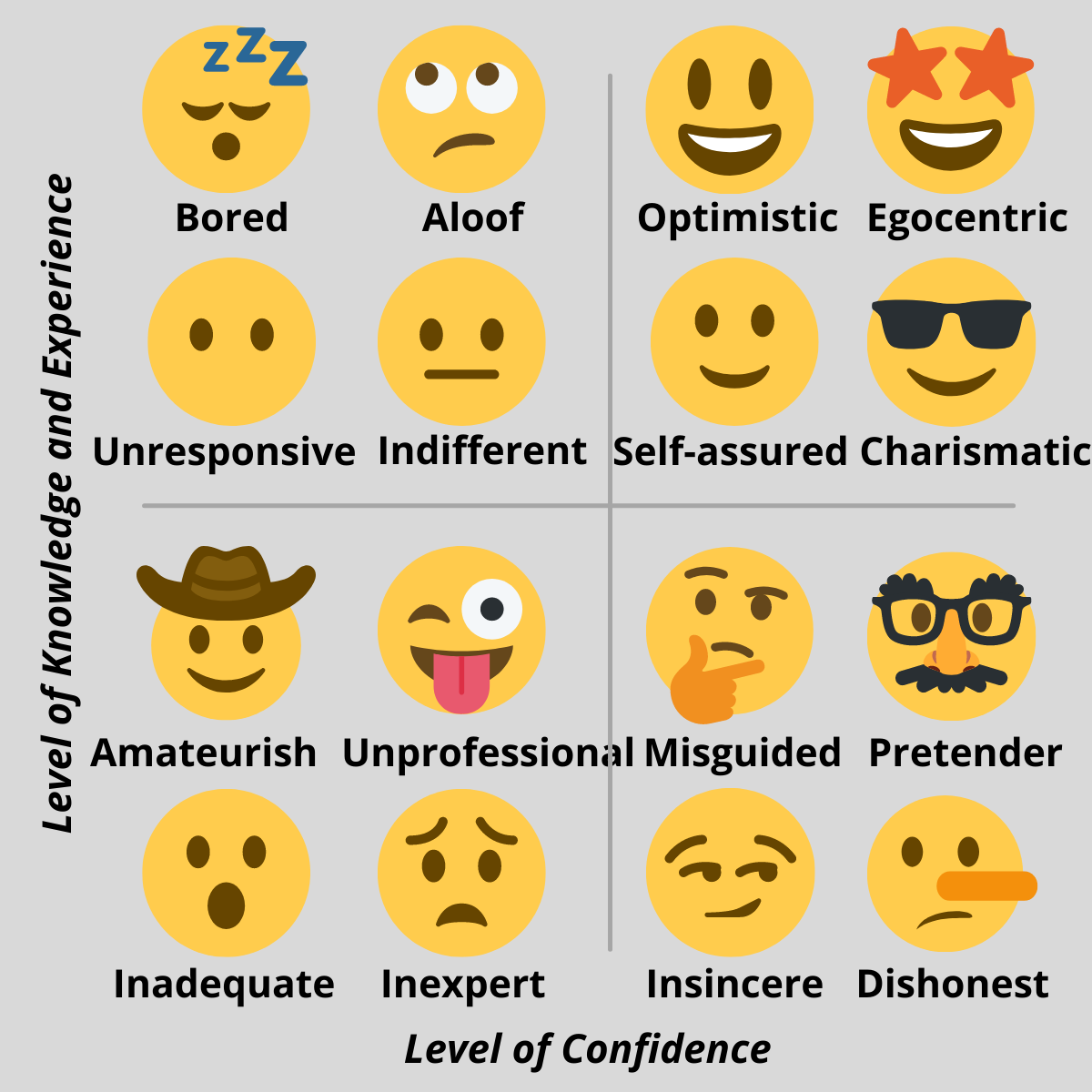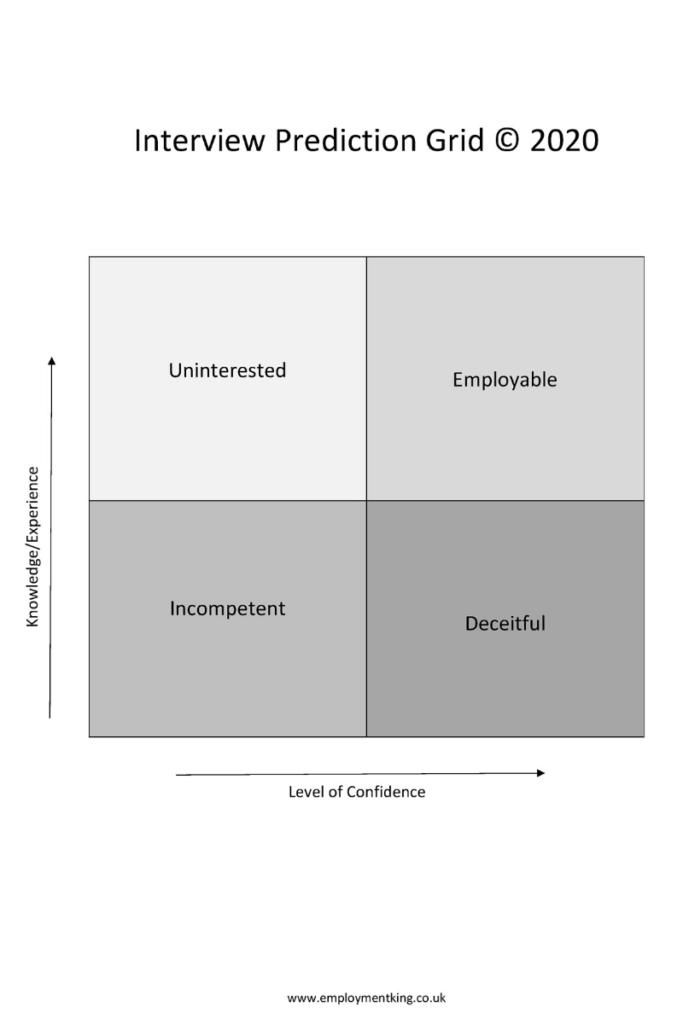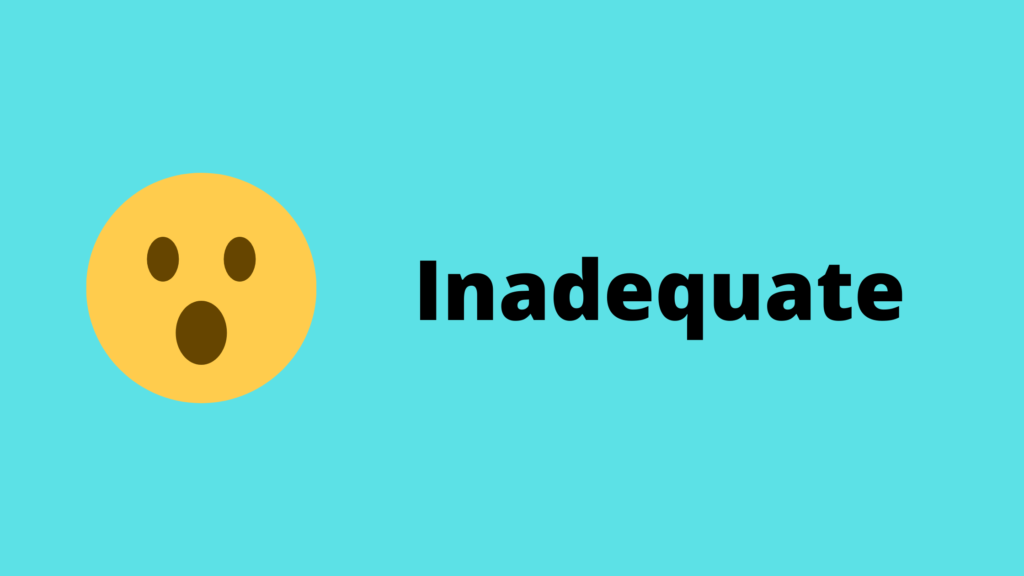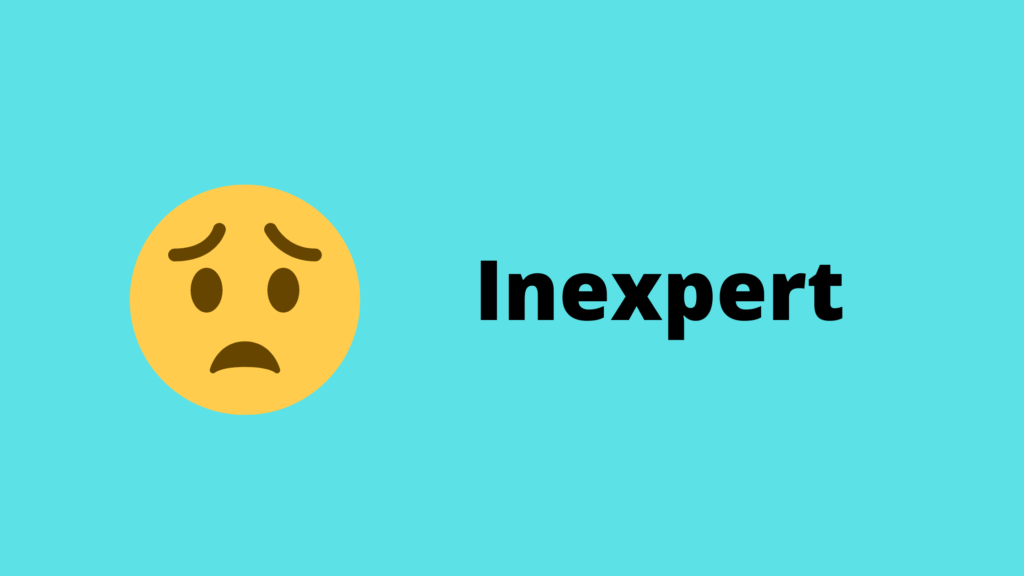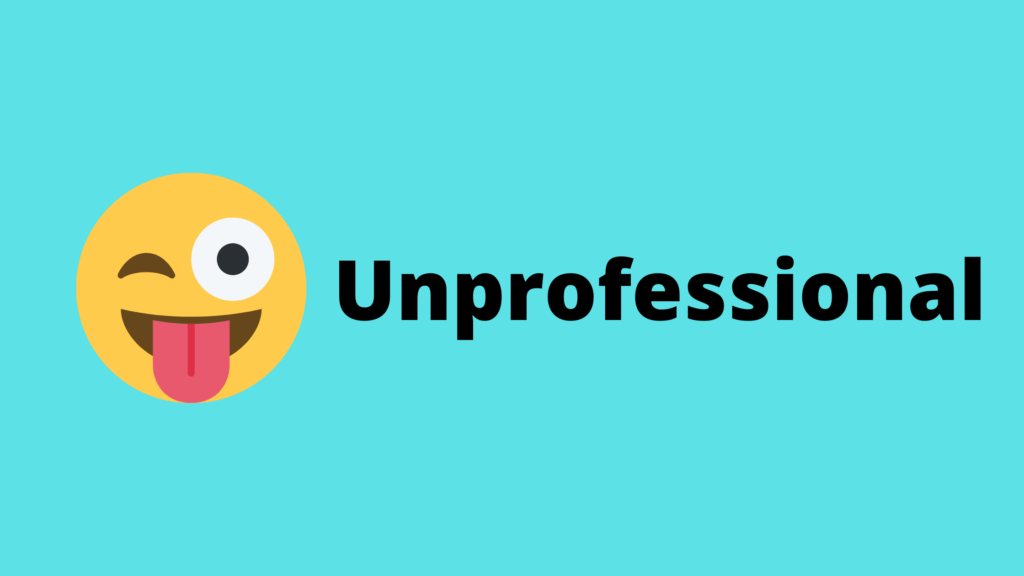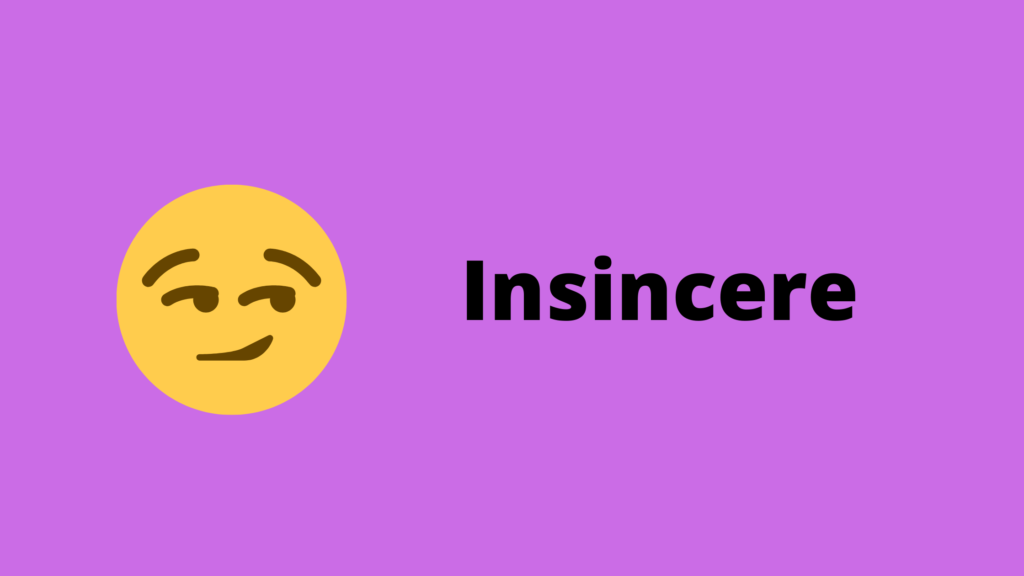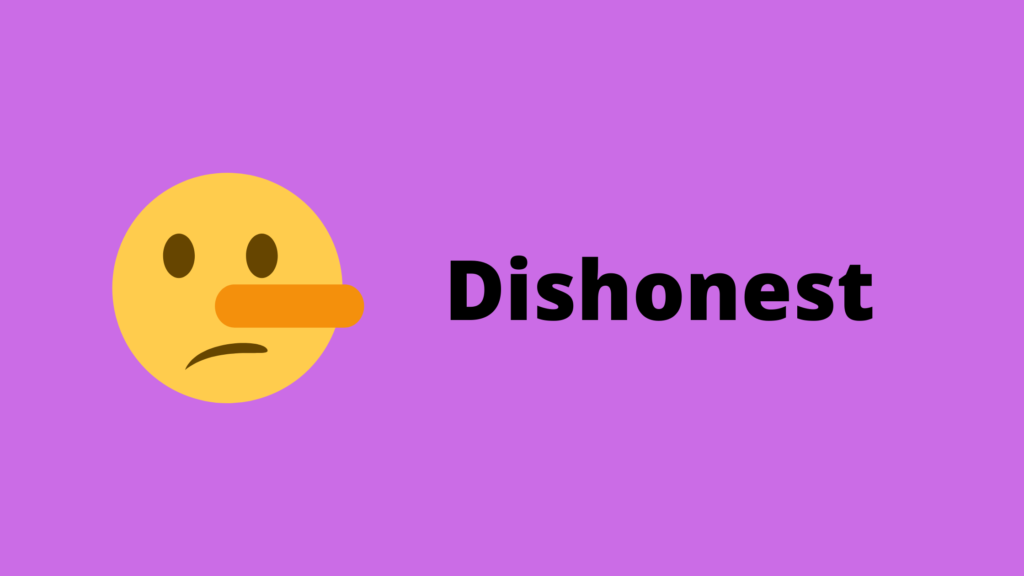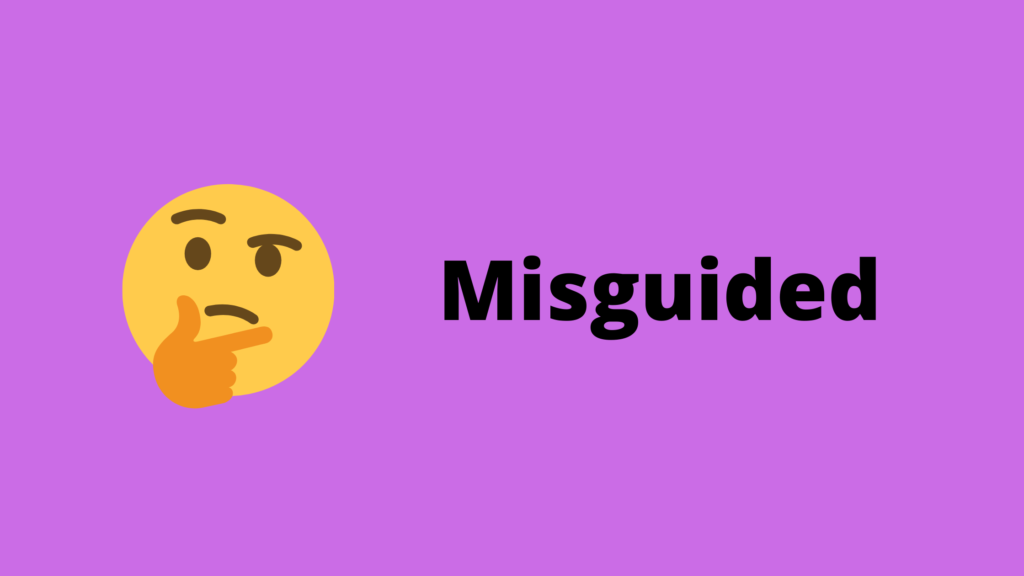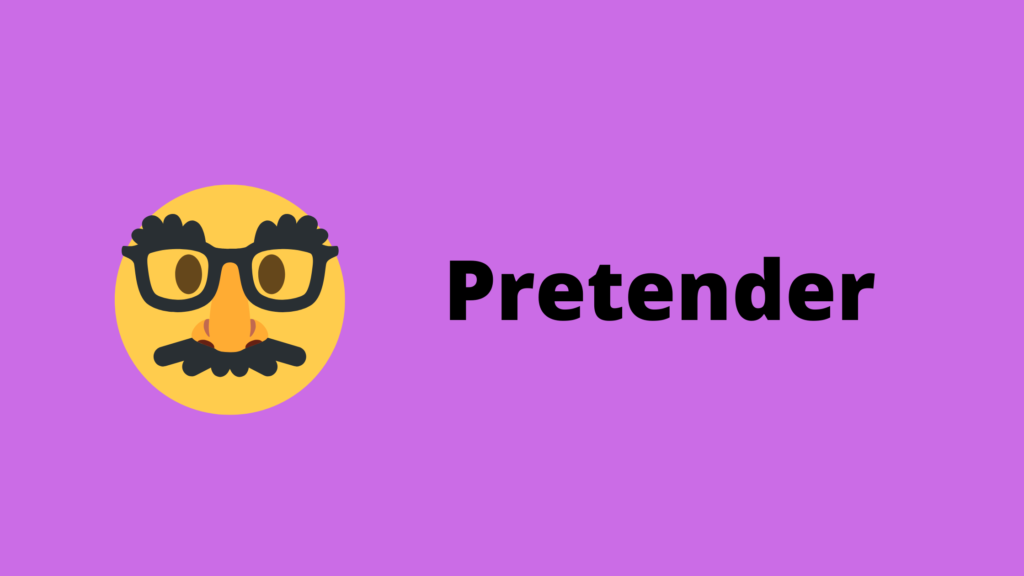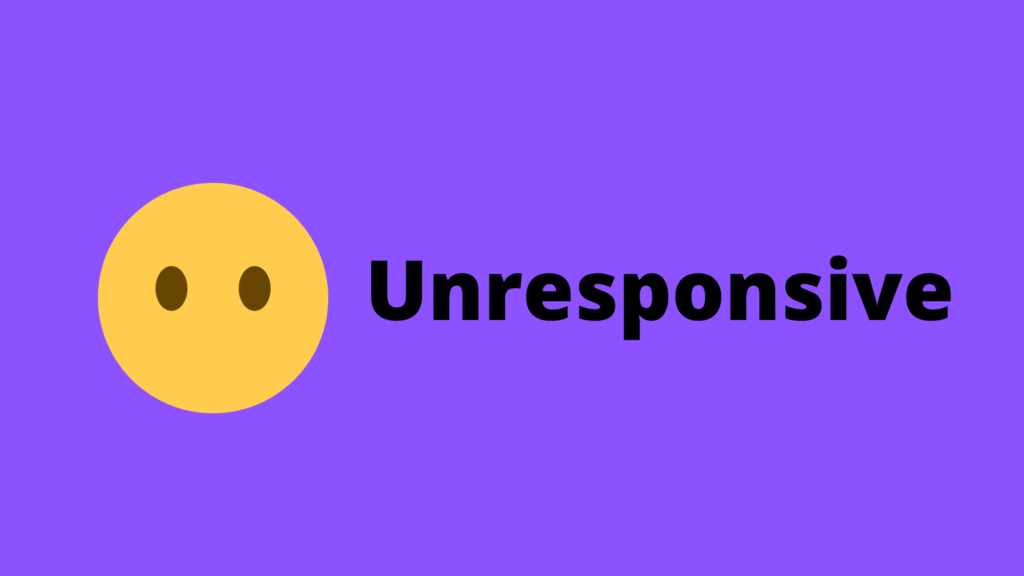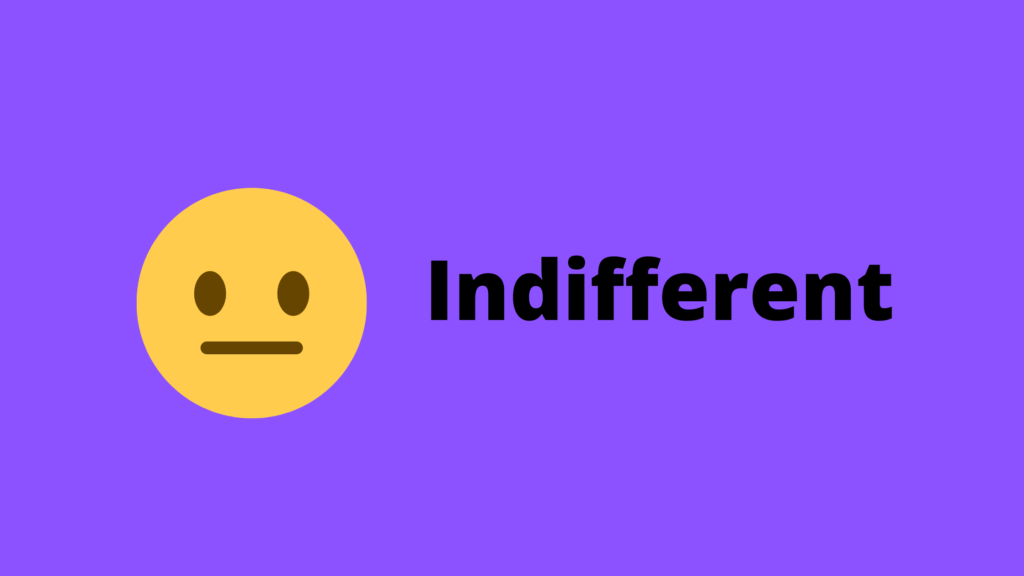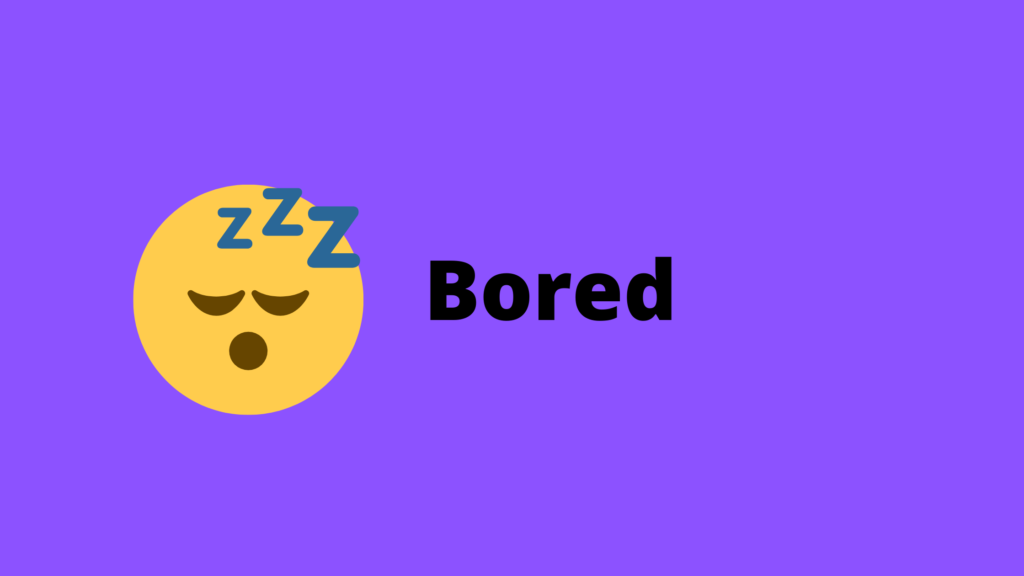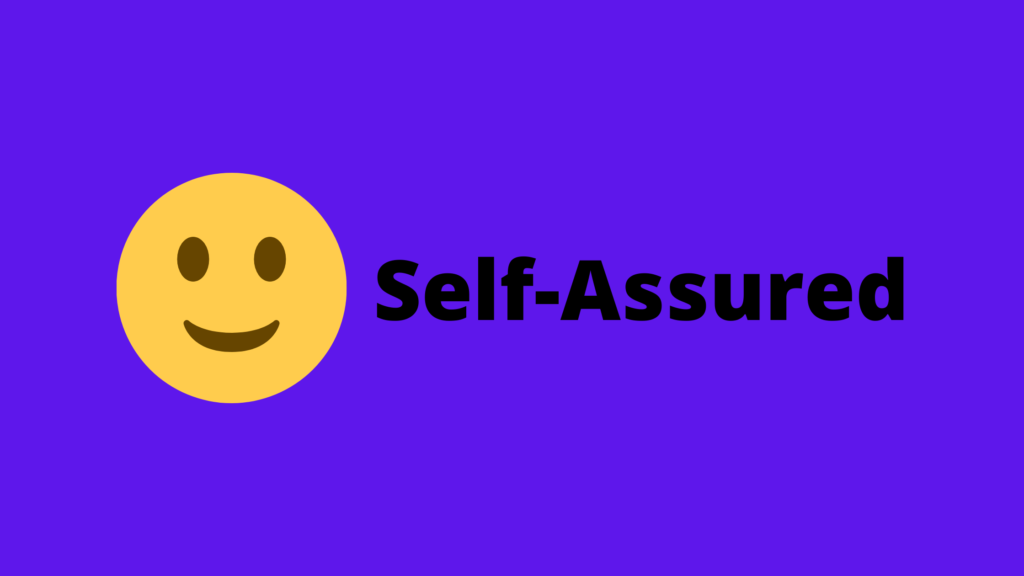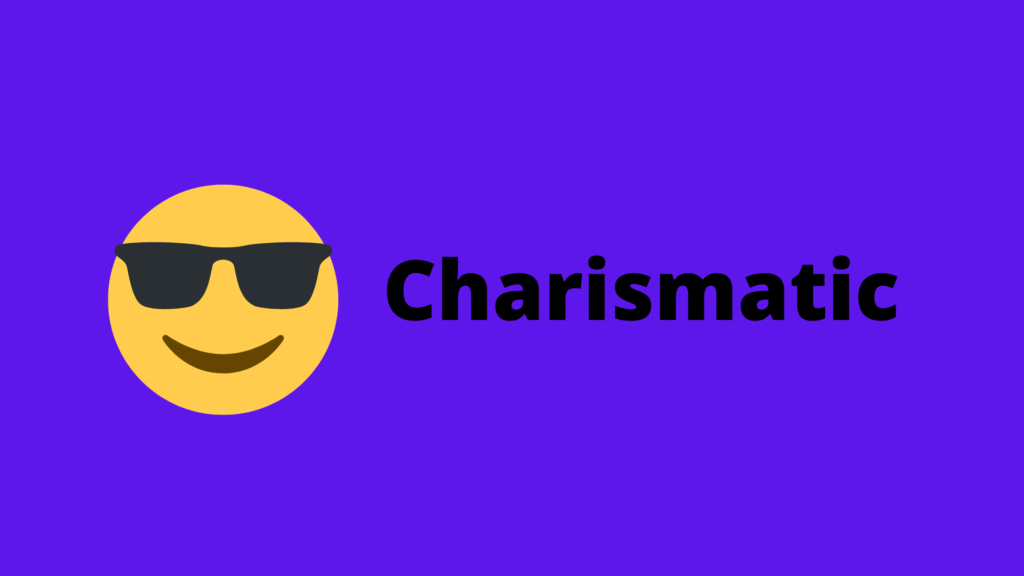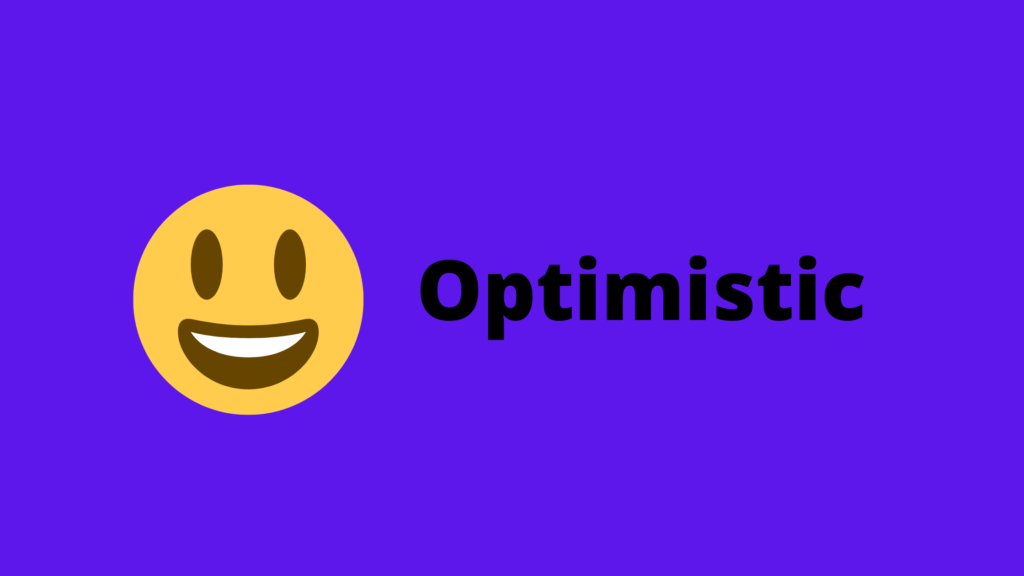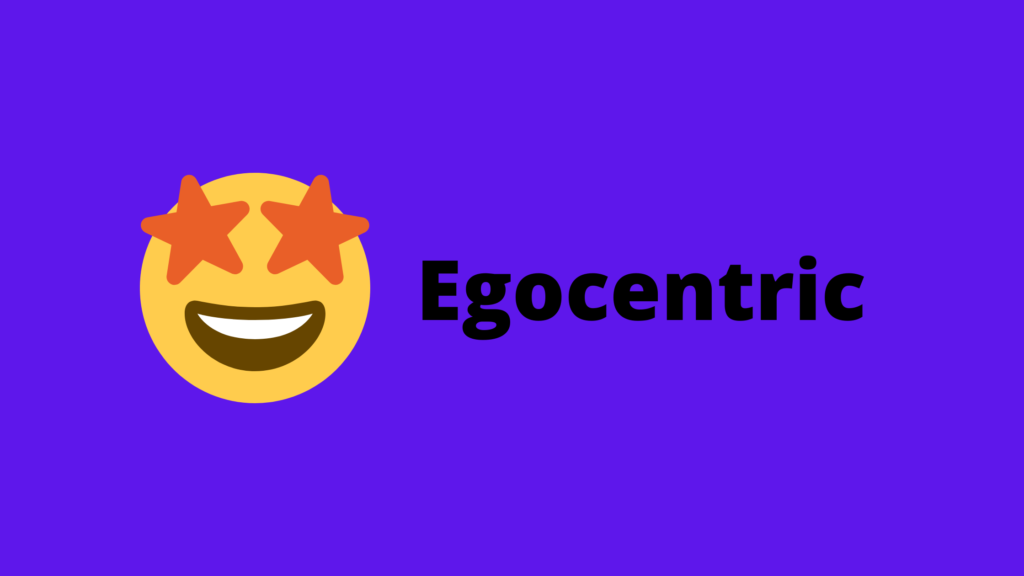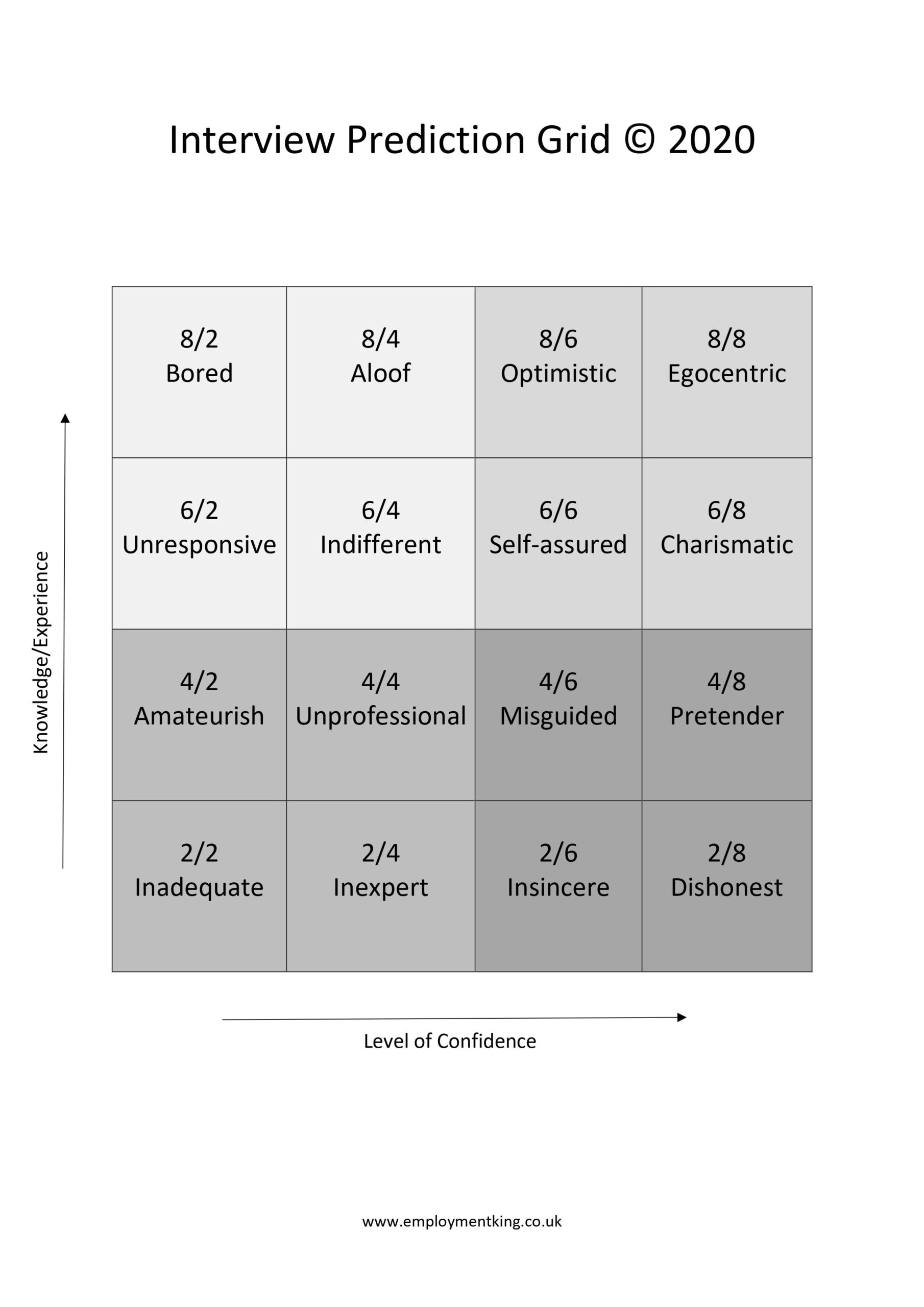Employers understand that job interviews are the critical component of the hiring process, serving as a key mechanism for employers to assess candidates’ suitability for a position.
The fact that no-one employer has found the perfect processing that results in the hiring of their first-choice candidate has led, over the years, to extensive research.
This research has been conducted to understand the intricacies of job interviews, from the structure and format to the biases and perceptions that can influence hiring outcomes.
We have collated the key points from a range of academic research on job interviews, providing hiring managers with the insights into how the major findings from scholarly articles can be optimized for better hiring decisions.
1. Introduction to Job Interviews
The Role of Job Interviews: Job interviews are designed to evaluate a candidate’s skills, experience, and cultural fit within an organisation.
The interview, 1-2-1, panel interview, or more recently video interview – the traditional question and answer job interview format, are used across various industries and at all job levels, for part or full time positions, and for low-level to high-level job roles.
Types of Job Interviews: Interviews can be structured (formal), semi-structured, or unstructured (informal).
Structured interviews, where each candidate is asked the same set of questions and scored against a pre-written scoring criteria, are often found to be more reliable and valid predictors of job performance compared to unstructured interviews.
2. Structured vs. Unstructured Interviews
Research on Structured Interviews:
- A comprehensive review by Huffcutt and Arthur (1994) found that structured interviews are significantly more reliable than a unstructured recruitment process.
- The structured interview reduces the variability in interviewers’ ratings and enhance the objectivity of the hiring process.
- McDaniel et al. (1994) conducted a meta-analysis showing that structured interviews have higher predictive validity for job performance.
Advantages of Structured Interviews:
- Consistency: All candidates are evaluated using the same criteria, often using as coring system, making the process fairer.
- Reliability: Structured interviews provide consistent results over time.
- Legal Defensibility: They are less likely to be challenged in court as they adhere to standardized procedures.
Challenges with Unstructured Interviews:
- Bias: Unstructured interviews are prone to interviewer biases, such as halo effects or similarity-attraction biases.
- Inconsistency: Different interviewers may focus on different aspects of the candidate’s responses, leading to inconsistent evaluations.
3. Biases in Job Interviews
Gender and Racial Bias:
- Research by Koch, D’Mello, and Sackett (2015) highlights the persistent issue of gender bias in interviews, where women are often rated lower than men for the same qualifications.
- Studies on racial bias, such as those by Bertrand and Mullainathan (2004), demonstrate that candidates with ethnic-sounding names are less likely to receive callbacks for interviews, indicating a systemic bias in the hiring process.
Strategies to Mitigate Bias:
- Structured Interviews: As previously mentioned, structured interviews help mitigate biases by standardizing questions and evaluation criteria.
- Training: Interviewer training programs can raise awareness about unconscious biases and provide strategies to reduce their impact.
- Blind Hiring: Removing identifiable information (e.g., names, gender) from applications can help ensure candidates are evaluated based on their qualifications alone.
4. Applicant Reactions to Interview Formats
Perceptions of Fairness:
- Research by Bauer et al. (2001) shows that candidates perceive structured interviews as fairer and more job-related than unstructured interviews.
- Fairness perceptions are crucial as they can influence a candidate’s willingness to accept a job offer and their overall view of the organization.
Candidate Experience:
- Chapman and Zweig (2005) found that a positive interview experience can enhance a candidate’s attraction to the organization. This includes clear communication, respectful treatment, and timely feedback.
Impact on Diversity and Inclusion:
- Structured interviews can support diversity and inclusion efforts by providing a level playing field for all candidates.
- Studies like those by Ployhart and Holtz (2008) suggest that when properly implemented, structured interviews can help organizations build a more diverse workforce.

5. Behavioral and Situational Interviews
Behavioral Interviews:
- Based on the premise that past behavior predicts future performance, behavioral interviews ask candidates to describe previous experiences related to job competencies.
- Taylor and Small (2002) found that behavioral interviews are effective in predicting job performance and reducing biases.
Situational Interviews:
- Situational interviews present candidates with hypothetical scenarios and ask how they would handle them.
- Latham and Sue-Chan (1999) suggest that these interviews are particularly useful for assessing problem-solving skills and judgment.
Comparative Effectiveness:
- A meta-analysis by Huffcutt, Conway, Roth, and Stone (2001) indicates that both behavioral and situational interviews have strong predictive validity, with slight differences depending on the job context and competencies being assessed.

6. Technological Advances in Job Interviews
Video Interviews:
- The rise of video interview platforms has transformed the recruitment landscape. Research by Chapman and Webster (2003) highlights the convenience and cost-effectiveness of video interviews, though they may present challenges such as technical issues and reduced personal interaction.
- Covid impacted the commonality use of video interviews which are now viewed as the norm.
AI and Automation:
- AI-driven interview tools are increasingly being used to assess candidates’ responses and non-verbal cues.
- Studies like those by Chamorro-Premuzic et al. (2016) emphasize the potential of AI to enhance objectivity, though ethical considerations and transparency are critical.
Virtual Reality (VR) Interviews:
- Emerging technologies like VR are being explored for immersive interview experiences.
- Slater and Sanchez-Vives (2016) suggest that VR can provide realistic job previews and assess candidates in simulated environments.
Conclusion
The familiar question and answer type Job interview remains a fundamental part of the hiring process, with ongoing research continually enhancing our understanding of best practices to support hiring managers to recruit the most suitable candidate.
Structured interviews, awareness of biases, positive candidate experiences, and technological innovations are key factors that contribute to more effective and equitable hiring decisions. By incorporating insights from scholarly research, organizations can improve their interview processes , leading to better hiring outcomes and a more diverse and competent workforce.
References
- Bauer, T. N., Truxillo, D. M., Paronto, M. E., Weekley, J. A., & Campion, M. A. (2001). Applicant reactions to different selection procedures: Are applicants more favorable to face-to-face interviews?
- Bertrand, M., & Mullainathan, S. (2004). Are Emily and Greg more employable than Lakisha and Jamal? A field experiment on labor market discrimination.
- Chapman, D. S., & Zweig, D. I. (2005). Developing a nomological network for interview structure: Antecedents and consequences of the structured selection interview.
- Huffcutt, A. I., & Arthur, W. Jr. (1994). Hunter and Hunter (1984) revisited: Interview validity for entry-level jobs.
- McDaniel, M. A., Whetzel, D. L., Schmidt, F. L., & Maurer, S. D. (1994). The validity of employment interviews: A comprehensive review and meta-analysis.
- Taylor, P. J., & Small, B. (2002). Asking applicants what they would do versus what they did do: A meta-analytic comparison of situational and past behavior employment interview questions.
- Koch, A. J., D’Mello, S. D., & Sackett, P. R. (2015). A meta-analysis of gender stereotypes and bias in experimental simulations of employment decision making.
- Chris Delaney (2021) Book: What is your interview identity






